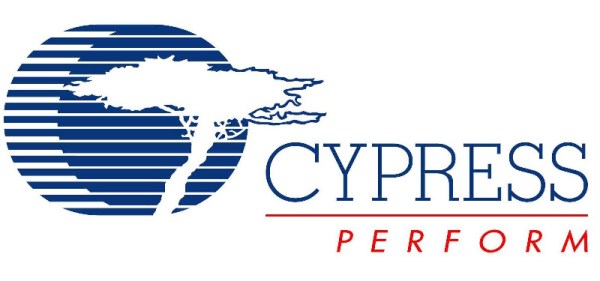Infineon will acquire Cypress Semiconductors for nearly $10 Billion dollars. This is the latest merger or acquisition in the semiconductor industry, and these mergers and acquisitions show no sign of stopping anytime soon.
Infineon’s market currently consists mostly of products aimed at the automotive market and power management and control. Cypress, likewise, has a wide portfolio of automotive electronics, from the guts of instrument clusters to the brains of infotainment systems. The automotive electronics industry is going gangbusters right now, and companies in the market are flush with cash; Infineon acquiring Cypress allows both companies to focus their R&D to develop products for the same market.
As with all mergers and acquisitions, there is the question of what may be lost, or what may go out of production. Cypress is most famous for their PSOC microcontrollers, but for now those uCs, and their CapSense capability, seem safe. Cypress is also noteworthy for manufacturing old-school memories, but again it looks like you’ll still be able to buy these years down the line; in any event, Alliance memory is still around stuffing DRAMs in DIPs.
This acquisition of Cypress by Infineon is one of the largest in recent memory. Apple recently bought a $600 Million stake in Dialog, and Microchip acquired Microsemi for $8.35 Billion. Tesla bought Maxwell Technologies for a mere $218 Million. This deal between Infineon and Cypress puts the company in the upper echelon of recent mergers and acquisitions.












